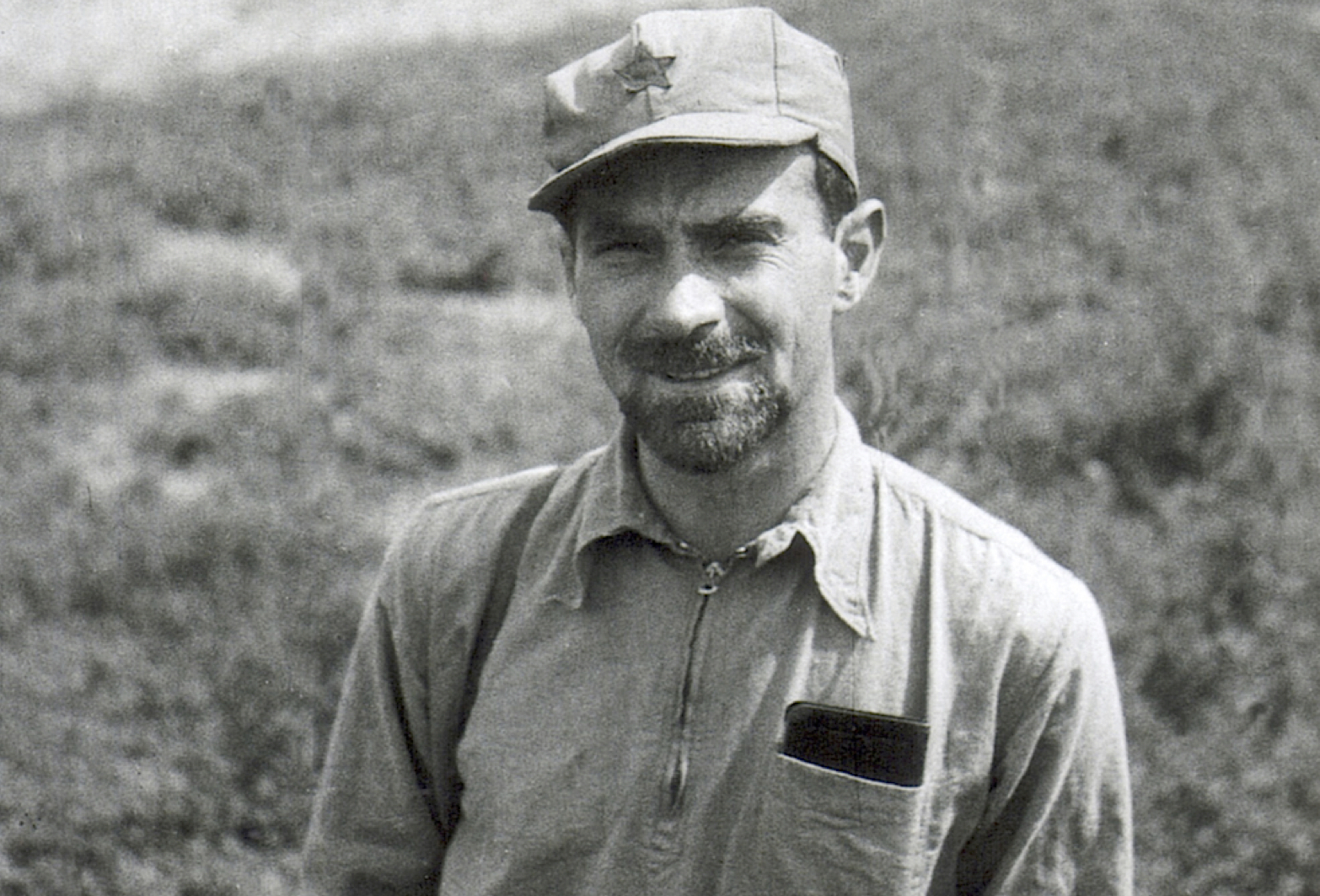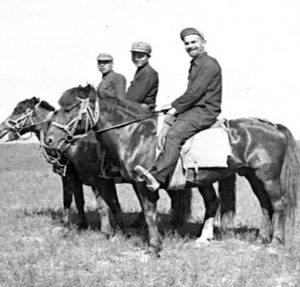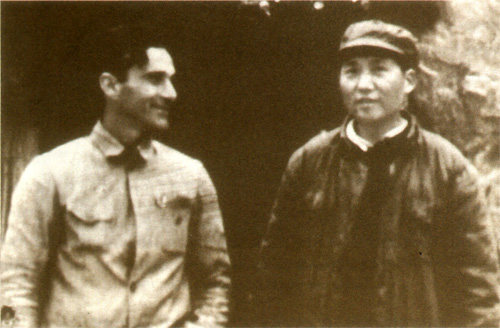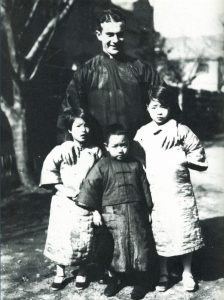
Edgar Snow’s Story
While little-known in his home country, Edgar Snow (埃德加·斯诺) is revered in China to this day. Anniversaries of his birth, death, publication dates of his books, and other Snow milestones are celebrated across the nation. Articles, editorials, TV and film specials and symposia dedicated to Snow’s work and life regularly appear throughout Chinese media, academic and civic circles. Why?
Quite simply, the answer is friendship. Snow is considered “our American Friend” by the Chinese people because of his willingness to seek out and interview Mao Zedong, Zhou Enlai and the other young revolutionaries and future leaders of the People’s Republic of China, at a time when very few people inside or outside of China publicly acknowledged the Chinese Reds.
Snow, a journalist born and raised in Kansas City, Missouri, came, listened, observed, and reported the revolutionaries’ own stories, in their own words, unfiltered by personal political ideology or cultural bias.
The Chinese people also admire the intrepid young journalist’s bravery. Just 30 years old, Snow literally risked life and limb to get to the heart of the story, crossing active battle lines and traversing hundreds of miles of inhospitable territory on a mule and on foot to reach the Red Army base in northwest China. This at a time when it was a capital offense to have any communication with the communist rebels; thousands of Chinese citizens had already paid the ultimate price.
But to Edgar Snow, the story was too big and too important not to tell, and it has stood the test of time. His book Red Star Over China has never been out of print since its initial publication in 1937, and it remains the starting point for any comprehensive study of the origins of modern China.
Snow’s early life

Edgar Parks Snow (1905-1972) may have been born in the heart of the United States, but he found his destiny on the other side of the globe. His wanderlust took him on adventures in his youth, interspersed with journalism studies at the University of Missouri-Columbia. In 1928, he quit a low-level job in advertising in New York City, intending to see the world. He signed on as a deckhand on a commercial vessel headed for the Pacific. After brief stays in Hawaii and Japan, Snow arrived in China during a time of tremendous tumult and social upheaval in that country.
He was hired by an English language newspaper in Shanghai and traveled extensively through China’s cities and countryside on reporting assignments. Snow was constantly overwhelmed by the size and beauty of the ancient country, but equally by the misery of so many of its people. He witnessed the great toll taken by famines, floods, corruption, revolution and foreign occupation, and he became acutely aware that much more was happening in China than was being reported by either the western or the local press.
Finding the untold stories

Helped by various friends along the way, Snow in 1936 undertook the dangerous crossing of military lines to reach the Chinese territory controlled by the Red Army of Mao Zedong. In the caves of Bao’an, where the Reds had gone to regroup and regain strength after their epic “Long March” to escape Chiang Kai Shek’s Nationalist army, Snow interviewed the young and virtually unknown Mao Zedong, Zhou Enlai and other “Red Bandits,” as they were then called, about their plans to create a new People’s Republic of China.
Snow spent five months with the men and women who would become the leaders of modern China, recording their previously untold stories in their own words to share with the outside world. This experience became the basis for his own prophecies (which proved true) that the Reds would ultimately prevail in China’s escalating civil war and that the Chinese people would support them.
Snow’s lasting impact

His resulting book, Red Star Over China (1937), has been called “the scoop of all time.” More than 100,000 copies were sold in England alone in one month. The book’s impact was felt as strongly inside China as in the West. The ruling party tightly controlled information about its opposition — the rebel leaders Snow interviewed all had a price on their heads, and any contact with the communists carried the risk of imprisonment and death.
Before Red Star Over China, most Chinese citizens had at best only a vague idea of the size, scope, history, and goals of the major organization mobilizing in China’s northwest territories – the same group that would ultimately defeat the Nationalists and form the People’s Republic of China in 1949. Gratitude toward Snow extends to this day—he is still regarded as a hero of the Chinese people.
Perhaps the ultimate expression of that gratitude came in 1972, as Snow lay dying of cancer at his farmhouse in Switzerland. The Chinese government sent a team of doctors, nurses, nutritionists and even a chef from Beijing to care for Snow and his family at their home until the very end. Ironically, the week Snow died also marked President Richard Nixon’s historic visit to China, building on the relationship initiated and nurtured by Snow.
Keep Exploring
 Learn more about Edgar Snow’s life in the Peter Entell film, “A Home Far Away.”
Learn more about Edgar Snow’s life in the Peter Entell film, “A Home Far Away.”
Visit the “Edgar Snow: Citizen of the World” digital exhibit to explore Snow’s life and times by situating his writings, photographs, and personal papers upon an interactive map.

